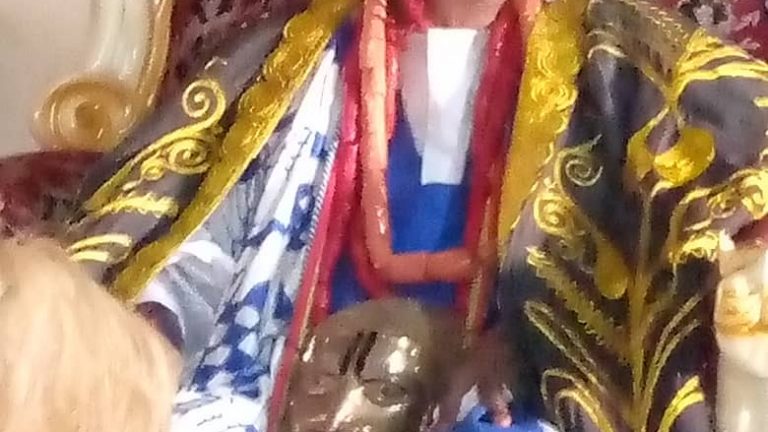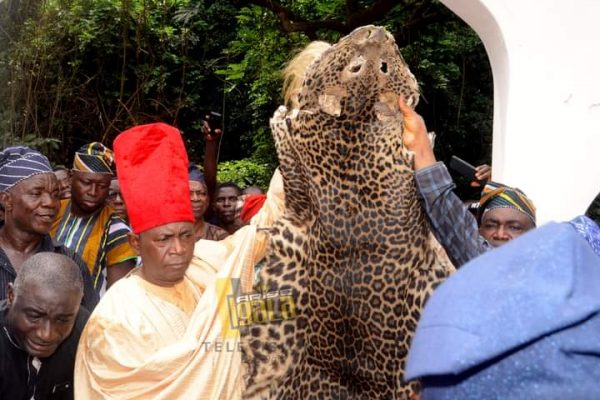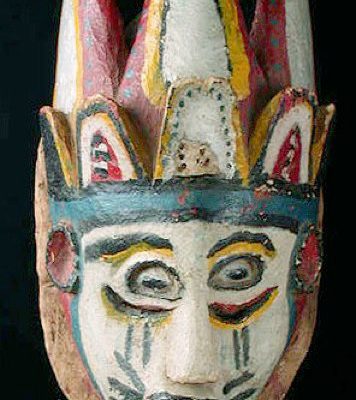The Igala people of Central Nigeria possess a rich heritage of habits and beliefs that, in the past, governed their daily lives and spiritual practices. These customs, steeped in simplicity and reverence, fostered a society built on respect, balance and connection to the divine. However, the challenges of modernity threaten the sustenance of these age-old traditions. Therefore, reflecting on their cultural significance becomes vital for their preservation.
Rhythms of Igala Daily Life
Life in Igala, the agrarian community, was attuned to nature’s cycles. Mornings greeted the sun, preceding that with the aroma of tobacco after cockcrow, then followed by the sounds of preparation for the day’s work on the farm, some located far and some near. During the cropping season, men toiled in the fields from dawn, sustaining themselves with roasted yam for breakfast. They returned home at midday for a proper meal, then continued with evening labour on nearby farms, concluding at dusk. Returning home, the men carried logs for the old folks’ warmth and women’s cooking fuel.
Social order extended to seating arrangements. While the men sat on sturdy logs, women used small stools. In the presence of superiors, men respectfully sat on bare earth with their feet tucked beneath, an act known in Igala as “ẹ́rẹ́ ēkpọká.”
Hygiene was both practical and symbolic. Mornings began with face-washing and teeth-cleaning, using the “iyálọ́” — a chewed green stick forming a natural toothbrush at one end. After the day’s toil, a full-body wash not only refreshed body but renewed the spirit, making their rest refreshing.
The Symbolism of Tobacco
Pipe-smoking was a shared cultural practice among the old men and women of yore, often signifying affection and social status. Some elders favoured powdered tobacco stored in small cans; and they scooped with ornate spoons, Prominent individuals used elaborate pipes with long stems and brass or wooden bowls. In informal moments, couples passed smoke between themselves, a quiet ritual affirming their bond.
Spiritual Anchors: The Ata and the Ancestral Spirits
Central to Igala spirituality is the Àtá-Igálà, a divine monarch believed to descend from Ọ́jọ́, the supreme being. Acting as a bridge between the divine and the earthly. The Ata is said to offer prayers and sacrifices at the Ẹ́rẹ́-Ọjọ́ shrine, considered a portal to heaven. Alongside the Ata’s rule, nine royal masquerades, led by Èkwé and Ágbánabò, represent the realm of the ancestors.
Ancestral spirits, or Ibegwu, hold a revered place in Igala cosmology. Families believe these spirits guide their descendants and usually reincarnate through newborns. Shrines featuring calabashes adorned with a band of white cloth symbolize their presence and receive offerings believed to ensure harmony and prosperity. Just before child-birth, a calabash representing the family’s ancestor is hung above the door-way, affirming the unbroken bond between the living and the departed, ensuring the protection of the unborn baby.
Preserving a Sacred Legacy
The traditions of the Igala are more than mere historical practices; they embody a profound connection to identity, spirituality, and community. In a world where cultural erosion threatens heritage, these traditions stand as a beacon of discipline, respect, and spiritual depth. Preserving their legacy is not just a task for the Igala people but a reminder of humanity’s collective need to honor and celebrate its cultural diversity.










